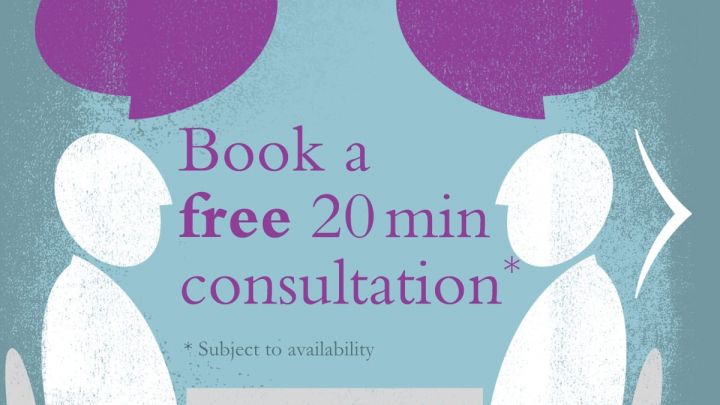
Do You Have to Pay for Mediation?
April 2025
Mediation is often a helpful and cost-effective way to resolve disputes following separation or divorce, especially when it comes to financial arrangements and child contact. But a common question people have is whether they need to pay for mediation and, if so, how much it costs and whether any help is available with those fees.

This summary provides general information and does not constitute legal advice on any individual circumstances.
Mediation is a voluntary process where a neutral third party, the mediator, helps you and your spouse or partner to resolve your disputes outside of court. It is widely used in family law matters, including divorce and separation, to facilitate discussions about child arrangements, property division, and other important issues. Mediation is often encouraged by the courts as it can be a quicker, cheaper, and less stressful alternative to litigation.
Do You Have to Pay for Mediation?
Yes, mediation is not usually free, and in most cases, both parties will be expected to contribute to the cost. However, there are some options available to help reduce the cost of mediation, depending on your financial situation and the type of mediation you choose.
The cost of mediation can vary, with prices typically ranging depending on the mediator. The total cost will depend on the complexity of the issues being discussed and how many sessions are required to reach a resolution. Each party typically shares the cost of the sessions equally, although this can be negotiated.
What If You Cannot Afford Mediation?
If you cannot afford to pay for mediation, there may be options to help reduce or cover the cost.
It’s important to discuss your financial situation with the mediator beforehand to understand your payment options and explore any available discounts.
The Benefits of Mediation
While mediation does come with a cost, it offers several benefits that can make it a worthwhile investment. One of the main advantages is that it is often quicker and more cost-effective than going to court. Court proceedings can take around a year to complete, whereas mediation sessions are usually completed in a matter of months.
Mediation also allows you and your spouse to maintain more control over the outcome, as the decision-making process is collaborative. You can work together to find a solution that best suits you and your family, rather than having a judge impose a decision.
Additionally, mediation can help preserve a positive relationship between both parties, which is especially important when children are involved. The collaborative nature of mediation encourages communication and cooperation, making it easier to manage future interactions.
How Can Fullers Help?
At Fullers Family Law, we understand that finding a solicitor that you feel understands your own specific situation can be a daunting task. So, you can book a free call back with us here.
We have also created a series of fixed-price consultation meetings with a full ‘no questions asked’ money-back guarantee’ promise.
For an initial discussion and a no-obligation quote, get in touch with us today by simply calling us on 01234 343134, filling in the contact form below, or emailing us at enquiries@fullersfamilylaw.com and a member of our team will get back to you.

